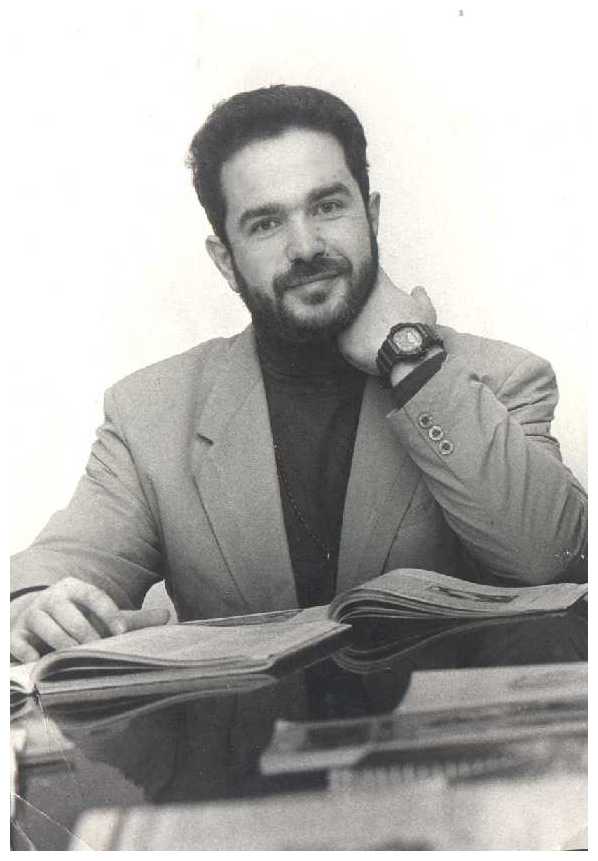For Sophisticated Students, Why Not William Shakespeare?
Eugene Spoconi Says ESL Students Are Up to the Challenge
Eugene Spoconi, Director of the Odessa Language Study Center, in
the Ukraine, recently joined the fray in a TESL-L listserv debate
over the relevance of Shakespeare for ESL/EFL teaching. He
kindly contributed his remarks for ESL MiniConference readers
in this enjoyable article.
My students tend to be cultured, intelligent people who have seen
films and staged productions of Shakespeare's plays and read some of his
sonnets in their own language, and they usually enjoy the challenge
associated with analyzing, comprehending and reading outloud some
passages of the Immortal Bard. Of course, it has to be done in
moderation as their main objective is English for communication.
No one
likes to be inundated with classics at the expense of learning the
modern language. Finally, when our students borrow books from our
school, they sign in on a list entitled "Neither a borrower, nor a
lender be", which invariably produces some smiles.
It can be very instructive indeed (for more advanced students) to go
through a passage of Shakespeare and try to pick out 'archaic' language
and replace it with modern words and sentence structures. Once again,
the Headway Upper Intermediate does a great job of this. (So far no
better course has been published, IMHO)
No one in any tongue has ever been more playful with his language than
Will. He invented new grammar, bent all the rules and came up with new
constructions that that could not grammatically have existed previously. He was
also unmatched as a phrasemaker. Among the expressions we happily (and
sometimes ungratefully) use today are: in my mind's eye, one fell swoop,
vanish into thin air, to be in a pickle, remembrance of things past,
flesh and blood, tower of strength, to beggar all description, to take
arms against the sea of troubles, and countless others.
For a more extended analysis of Will's innovations and contributions,
I'd like to recommend a wonderful book, "The Mother Tongue: English
and How It Got That Way", by Bill Bryson.
My students enjoy bits of "Shakespearian trivia" every now and then.
Being bilingual, I read widely in Russian, including some translations
of Shakespeare's works. The Russians are lucky - Will has been
translated by some of the finest poets in this language, including
Pushkin and Pasternak. So he's more accessible in Russian because the
language is much less archaic, though no less beautiful. That's why it's
fascinating and challenging for our students to confront the original.
Usually advanced students are more interested in reading bits of "real
literature", and Shakespeare is not the only bard available for use in teaching English.
Once I spent two months studying Poe's "The Raven" with my
advanced group. True, they had enormous difficulties, but thoroughly
enjoyed the process.
Comment by
Eugene Spoconi
2002 ESL MiniConference Online
 As Will Shakespeare singlehandedly introduced over 2000 words and
expressions into written English, there's undoubtedly SOME value in
teaching him to our students. It's probably not a good idea to do so
with beginners, but it works very well with upper-intermediate and
advanced learners. Even the famous Headway series incorporates some
Shakespeare (notably "the Seven Ages of Man" in the upper-intermediate
book).
As Will Shakespeare singlehandedly introduced over 2000 words and
expressions into written English, there's undoubtedly SOME value in
teaching him to our students. It's probably not a good idea to do so
with beginners, but it works very well with upper-intermediate and
advanced learners. Even the famous Headway series incorporates some
Shakespeare (notably "the Seven Ages of Man" in the upper-intermediate
book).
Director, Odessa Language Study Center
Ukraine